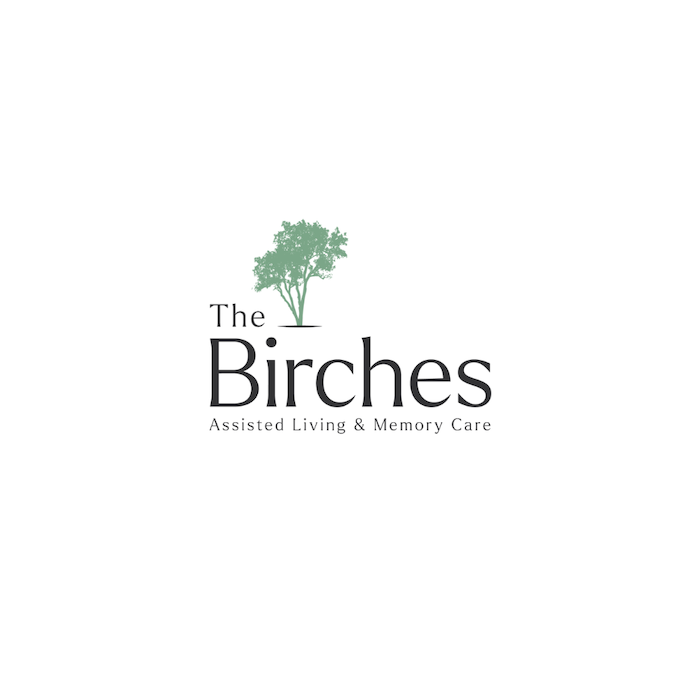Memory Care Music Therapy
Music—a popular form of entertainment, a stimulus to put one in a dancing or singing mood, a tuneful reminder of times past, a lucrative income for artists and composers, an accompaniment for relaxation, or a spirited command to "forward march." However we define it, music has a special meaning for each of us.
The songs we heard in our youth, the tunes that brought joy to our parents and grandparents, the pop songs our kids now listen to (and for the life of us, we can't understand why). Indeed, we all have our favorite musical styles— be it classical, jazz, blues, country-western, patriotic, or the top 40, and music is an integral part of our lives.
Music is also vital for individuals viewed as too old and mentally feeble, those thought to be beyond hope of ever awakening to the moment's reality. As has been observed in professional studies, specific pathways in the brain are sometimes accessible only via music and seem to detour around conventional pathways that age has closed.
According to psychiatrist and bioethicist Tia Powell, "The capacity to enjoy and respond to music outlasts many other cognitive functions; even after spontaneous speech has become difficult, many people can still sing lyrics to songs learned long ago."
People who suffer from mild or even advanced dementia often respond to music in a way that has been shown to diminish emotional distress and particular symptoms. Music, likely in some emotional way, brings men and women living with dementia moments of joy that are sadly lacking in their lives.
Board-certified dance and movement therapist
At the Birches Assisted Living and Memory Care, our counselor and board-certified dance and movement therapist conduct a 'movement to music' hour for residents twice a month. She also offers a similar program twice a month for residents in our Memory care neighborhood, for people with memory loss and dementia.
During the 'movement to music' hour, men and women who exhibited little awareness of their surroundings responded to the music being played by grasping hands and even swinging and swaying as best they could. Two or three even stood up and held hands to move to the music. It is genuinely heartening to see them enjoying themselves.
Movement Dialogue
We call the method 'Movement Dialogue' by employing eye contact and rhythm to make residents feel personally involved in this rhythmic adventure. At the beginning of every session, we greet each resident personally by holding their hands and making that all-important eye contact to let them know we respect them as individuals as we enjoy ourselves together. Throughout the session, we continually encourage these eager men and women to keep moving to the music.
A song that received the most significant response was "Sentimental Journey." Perhaps it elicited fond memories of times past. Yes, music brings back memories. They may be happy, sad, and, to be sure, reflective. Mitch Miller and his band and chorus made a career of offering the songs that jarred these memories.
We can all recall the melodies of prom night, those that filled the airways, and those made famous by our favorite vocalists and vocal groups (long live The Kingston Trio). These memories constitute a very special type of therapy that tells us the past is still with us through the spirit of music.
We can all conjure up similar memories through music—singing Christmas carols with your family, dancing on your wedding day, staying up late with your parents on New Year's Eve to hear Guy Lombardo play "Auld Lange Syne." You associate certain songs with a special moment or time in your life.
A resident shared one such moment that was on November 22, 1963. "I was pulling kitchen patrol duty at Fort Lewis, Washington. The radio was on in the mess hall, and we all knew President Kennedy had been shot. There were about 15 of us, of all ranks. It was about noon, and we were ready to begin serving.
Then the radio announcer spoke those words I'll never forget: "President Kennedy is dead. Lyndon Johnson is the 36th President of the United States." The band started playing "The Star-Spangled Banner," and without a word, we all snapped to attention and stood proudly as Americans. More than 50 years later, that scene is still ingrained in my mind, and there it shall remain."
"The following day, my 41st Signal Battalion joined hundreds of men of the 4th Infantry Division at a ceremony on the parade ground. It was a chilly day with a soft drizzle, but no one flinched as we saluted when the post band played our National Anthem, "Hail to the Chief," and "Taps" as the flag was lowered to half-staff. We marched off the field as the band played "The Battle Hymn of the Republic."
Music is more than a form of entertainment, although it's great for that. It's also a link to the past, a melodic element that binds families and friends together. A particular song can give you more comfort than any words. And for those who have dementia, it may well be a pathway to the brain.
So consider the many dimensions music therapy can exhibit and how it may become a cherished part of your life. The next time you are with a group, formal or informal, and the group is asked to join in singing "God Bless America," don't feel ill at ease because you know the words.
